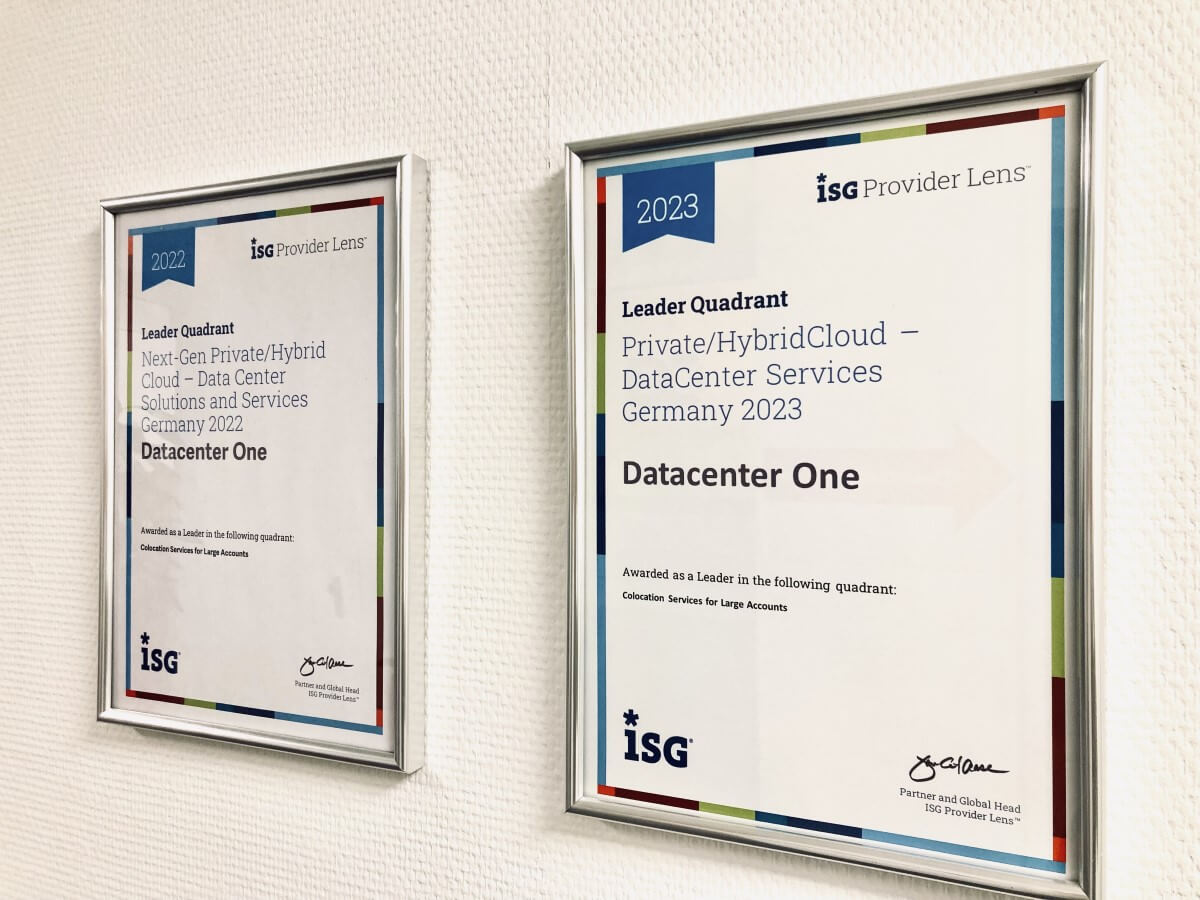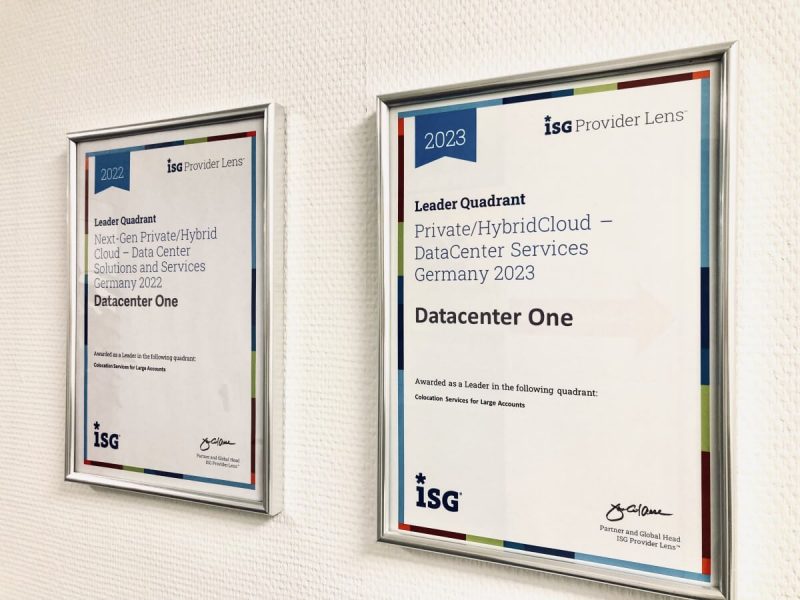

Amid the fast-growing need for localized digital services, Datacenter One (DC1) has launched HAM1, its newest regional colocation data center, in a strategic step that would reinforce its position in Germany, one of Europe’s most active digital infrastructure markets. Since joining the AtlasEdge group, a supplier of edge data centers throughout Europe, the facility is the first that DC1 has opened.
HAM1, which is located in Ahrensburg, a short distance northeast of Hamburg, would be well-positioned to augment AtlasEdge’s current data center colocation capabilities in the area and meet the growing need for infrastructure installations that are closer to end users. This growth would especially be relevant given that Hamburg, the second-largest city in Germany, is rapidly developing into a major center for the digital industry. It is home to several well-known tech companies as well as up-and-coming businesses that are becoming more and more significant in the startup scene across Europe.
By using modular building methods to optimize resources and shorten construction timelines, HAM1’s construction would reflect DC1’s dedication to sustainability and efficiency. HAM1’s design places sustainability at the center of its operation. It uses only renewable energy sources to minimize its environmental effect and boasts excellent energy efficiency, with a Power Usage Effectiveness (PUE) of less than 1.3.
When HAM1 reaches full capacity, it will have the capacity to accommodate up to 20 megawatts of power and approximately 10,000 square meters of space. It will also have features that can accommodate a variety of customer needs, such as dual power supplies for each rack, decentralized cooling systems that can be customized to meet the needs of individual rooms, and extensive certifications such as ISO 9001, EN 50600 Level 3, and ISO 27001.
Dual-Site Colocation Offerings
Since HAM1’s operational debut, the facility already has drawn its first colocation clients, demonstrating its attractiveness to companies looking for dependable, high-performance data center services in the northern part of Germany. The demand in the area for certified, highly accessible data center space is extraordinary, according to Datacenter One CEO Wolfgang Kaufmann. “We can now offer dual-site colocation services to our customers in northern Germany thanks to this new facility, and we now have seven sites nationwide,” Kaufmann said, emphasizing the strategic significance of HAM1 in DC1’s growth trajectory and its future expansion plans, which include Stuttgart as the next location on the development agenda.
DC1’s new HAM1 colocation facility at a glance:
- 2N power supply to each individual colocation rack
- Decentralized cooling for each data center room with customer-specific output per sqm
- High energy efficiency with a PUE (Power Usage Effectiveness) <1.3
- Runs on 100 percent renewable energy
- Full certification, with ISO 27001 BSI basic protection and EN 50600 Level 3 as well as ISO 9001
The CEO of AtlasEdge, Giuliano Di Vitantonio, commended the HAM1 facility for its superb design, solid sustainability record, and advantageous location. “Its outstanding layout and robust sustainability credentials, in addition to its very advantageous location, capitalize on the combined knowledge of the Datacenter One and larger AtlasEdge teams,” said Di Vitantonio. He underlined Germany’s importance as a market with strong consumer demand in a number of German cities and said that AtlasEdge‘s presence in the biggest digital economy in Europe is being further strengthened by the new website.
German Data Center Market
Geographically, the German data center industry is dominated by large cities and regions with robust technological infrastructure. The market leader for data centers in Germany is Frankfurt, the country’s financial center and a significant hub for connection across Europe, according to SPER Market Research. Other places, such Munich, Berlin, Hamburg, and Düsseldorf, also have a significant presence in the data center business though because of their economic importance and the growing need for data-intensive services.
The German data center industry is expanding at a very rapid rate due to many significant factors, added SPER Market Research. Germany’s advantageous position in Europe and strong telecommunications infrastructure would make it a suitable destination for data center development. For international businesses looking to expand into Europe and benefit from the market possibilities and connections that the continent offers, the country serves as a key hub.
Government initiatives and rules are also driving the growth of the German data center industry. The government is aggressively promoting digitization and making investments in technological infrastructure to advance the country’s digital economy.
But there are also difficulties affecting Germany’s data center market. Due to market saturation and a fiercely competitive climate, the German data center industry faces challenges. Recent years have seen a remarkable development of the sector, which has increased competition between data center suppliers, added SPER Market Research. Due to the competition’s ability to lower prices and profit margins, it could be more challenging for smaller or newer companies to join and stay in the market. Another challenge is the high cost of electricity and stringent environmental regulations. Germany has some of the highest energy rates in Europe, which might affect the operating expenses for operators of data centers.
The COVID-19 epidemic has significantly impacted Germany’s data center business. On the one hand, the increased dependence on digital services and remote work is driving up demand for data center infrastructure. The data center industry has grown as a result of businesses’ attempts to ensure the availability and dependability of their online operations. Conversely, the epidemic has led to cautious business spending, delays in building, and interruptions in the supply chain. These challenges have impeded the development and expansion of data center infrastructure. All things considered, the pandemic has raised awareness of the critical role data centers play in maintaining digital services as well as the need for flexibility in the face of unanticipated events, concluded SPER Market Research.









